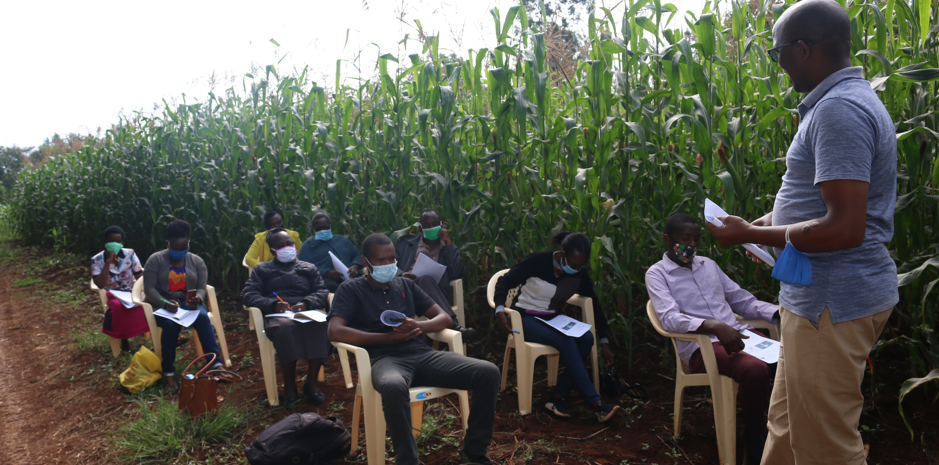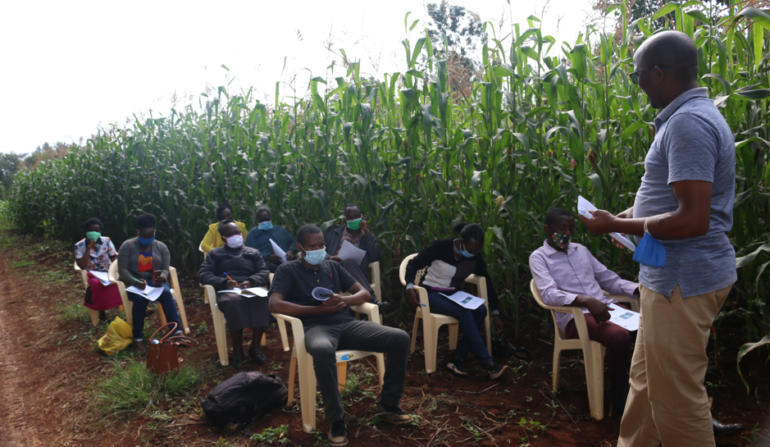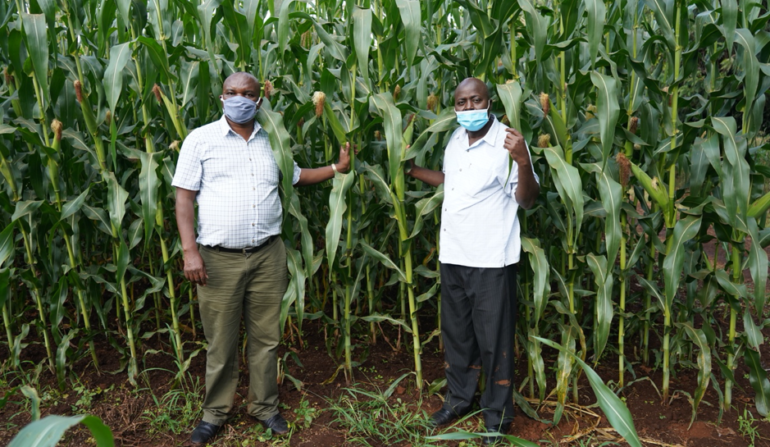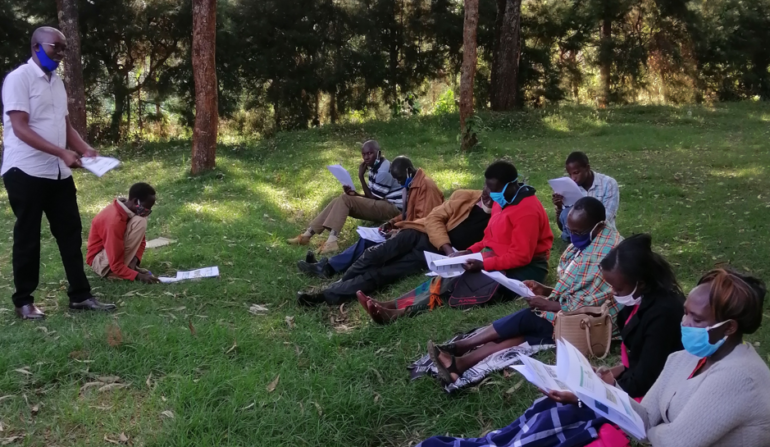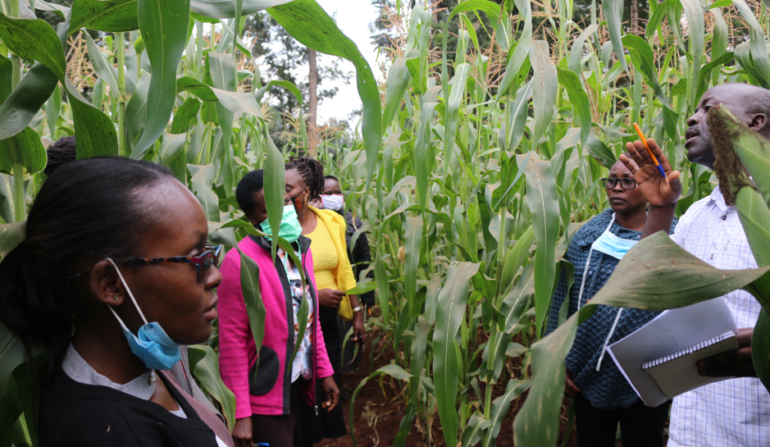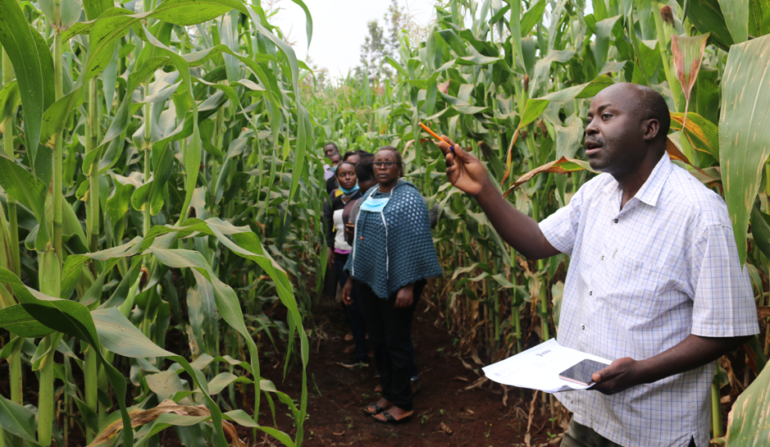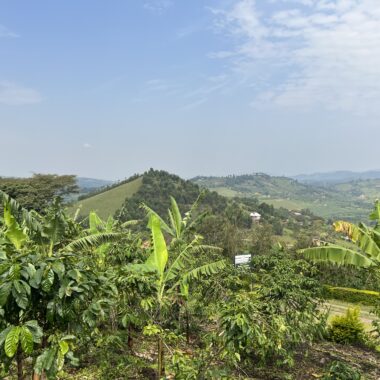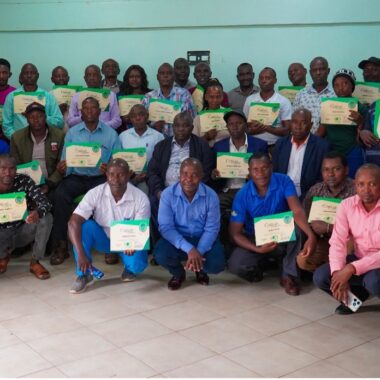Training Agriculture Extension Service Providers to Deliver Timely Information
Stakeholders have often pointed out that breakthrough agricultural technologies rarely get to the farm in sub-Saharan Africa. One main reason is that the ratio of extension workers to farmers is very high. The current ratio is 1 extension staff for every 1500 farmers while the recommended ratio is 1:400. In fact this ratio is widening due to the lack of hiring of new extension workers by governments, and a good number of those already hired have either retired or they are likely to retire soon.
The current high ratio and work load from overlapping field activities makes it impossible for the few extension workers to deliver advisory services to farmers at the right time. APNI has partnered with a range of stakeholders including the Ministry of Agriculture, seed companies, fertilizer companies, and the Alliance for a Green Revolution in Africa (AGRA) to train independent extension service providers – commonly referred to as village-based advisory (VBS) service providers – to compliment the public extension service providers.
Training demonstrations have been laid out in 8 counties with a total estimated population reach of about 10 million small holder farmers. The VBAs are trained through use of these demonstration sites on balanced soil nutrient application via fertilizers and organic resources, benefits from quality seed, fertilizer application for enhanced nutrient use efficiency (4R nutrient stewardship), and soil water management. Once they are finished the program they are better equipped with the knowledge they need to support the public extension system in delivery of advisory services.
Ultimately, these VBAs become agri-prenuers and act as the suppliers for quality seeds, fertilizers and plowing services to the farmers enabling them to access quality inputs. The program is implemented for various crops including: maize, potatoes and grain legumes. Farmers are usually notified that a balanced fertilization regime that supplies crops with a range of nutrients contributes to balanced human and animal nutrition because nutrients that are found in the grain are derived from the soils.
Photos show how such training has continued during the covid 19 period with good observance of social distancing and wearing of masks. (J. Mutegi photos)
APNI Contributors: James Mutegi, Sr. Program Manager and Jose Muthamia, Agronomist – East & Southern Africa

